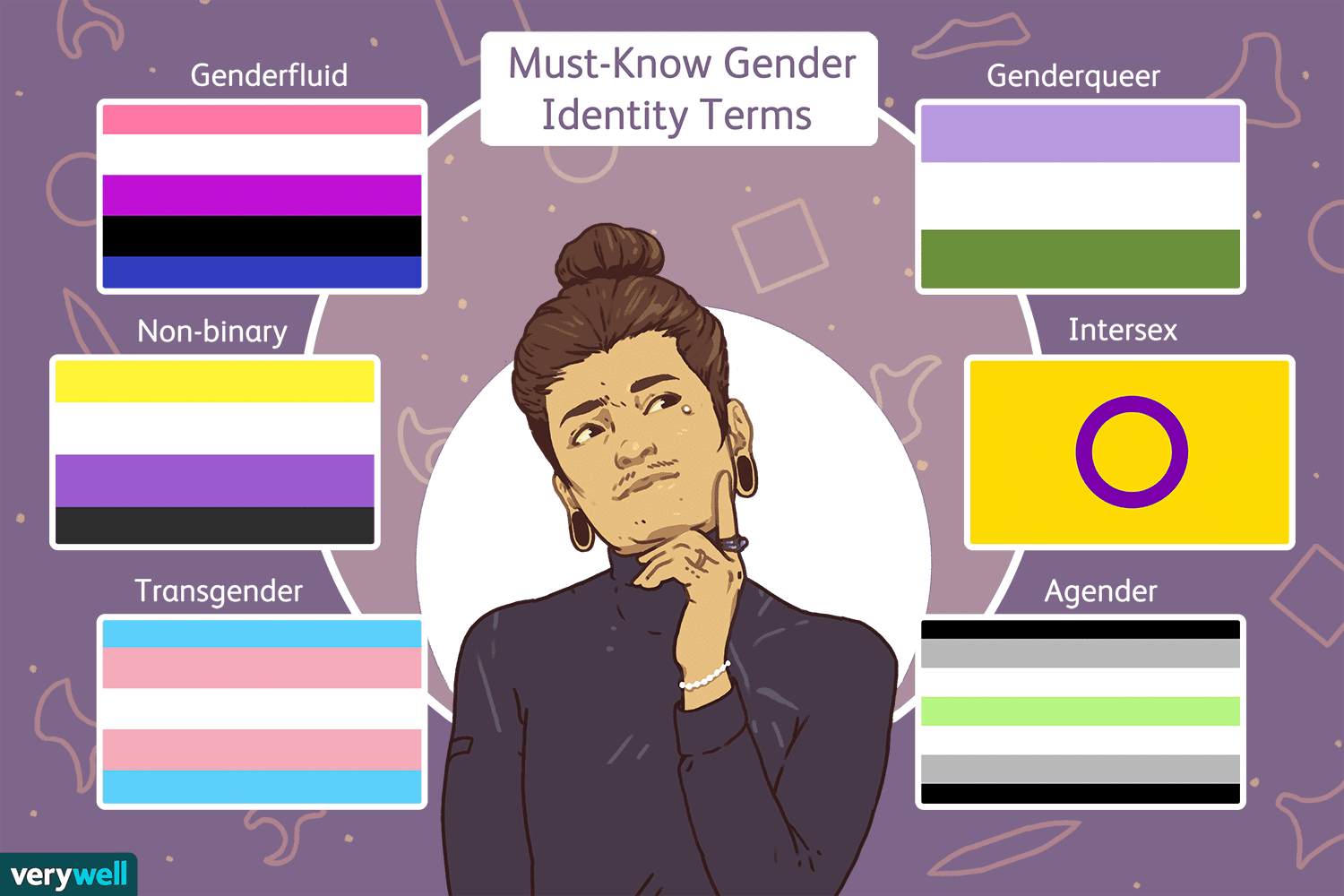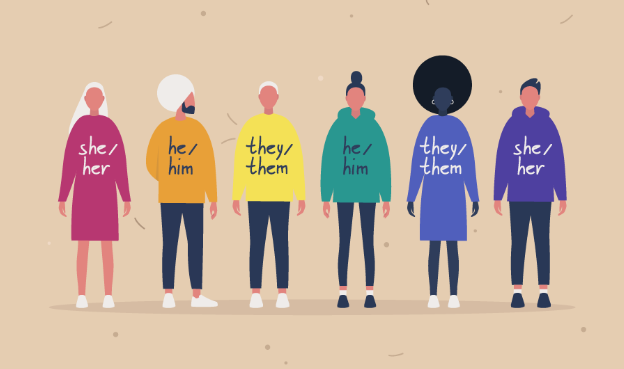By Sofia Mavrou,
Although the difference between gender and sex is clear-cut, there is still a vague idea about these concepts among people. The World Health Organization describes sex as characteristics that are biologically defined, whereas gender lies on socially constructed features such as roles, behaviors, and expressions. Correspondingly, the sexes are confirmed; male and female. Yet, which are the genders?
Genders are numerous. In 2019, BBC displayed a sex education program called “Identity – Understanding Sexual and Gender Identities” addressing kids from nine to twelve years old, where they were introduced to the existence of more than a hundred gender identities. This claim was radical given that Government had warned schools to be cautious when touching upon such topics. After a wave of complaints, the BBC was left with no choice but “to retire this film”. This reaction, however, did not eliminate the presence of gender variation. Hence, let us attempt to decipher this complicated and fragmented category.
Gender identity is your deeply-held inner feelings of whether you’re female or male, both, or neither. Your gender identity is not seen by others. Gender identity may be the same as the sex you were assigned at birth (cisgender) or not (transgender). When one feels “agender”, this means they don’t identify with any gender at all. When one states as “non-binary” or shortened to NB or “enby”, means they do not identify fully as a man or a boy (male, masculine) or a woman or a girl (female, feminine). Also, if someone regards themselves as “gender fluid”, this means that their gender is not fixed; changes over time.

When it comes to sexuality, one can identify as “Pansexual” which is when they are emotionally or sexually attracted to people of any gender or sex. “Polyamory” is when an individual has more than one sexual, loving relationship at the same time, and all partners consent to this. Lastly, Intersex may be used for people whose reproductive, sexual, or genetic biology is not clear.
Each of these options determines the way a person is spoken to and spoken of; the so-called pronouns. The common pronouns are he/him/his, she/her/hers, and they/them/theirs. Something to note is that when we say “pronouns”, what we really mean is “gendered language.” Thus, if someone says, “My pronouns are he/him”, they are also saying they are a king, not a queen, a brother, not a sister, a waiter, not a waitress, and so on and so forth. In other words, king, brother, and waiter are not pronouns, yet they are gendered language terms that match he/him/his pronouns.
All these, are not some kind of rocket science, they are part of our modern world. What are all the reasons behind this divergence? We do not know. What are the reasons to marginalize this divergence? We definitely do not know.
References
-
Gender, gender identity, and gender expression. myhealth.alberta.ca. Available here
- Sexual Orientation and Gender Identity Definitions. hrc.org. Available here




